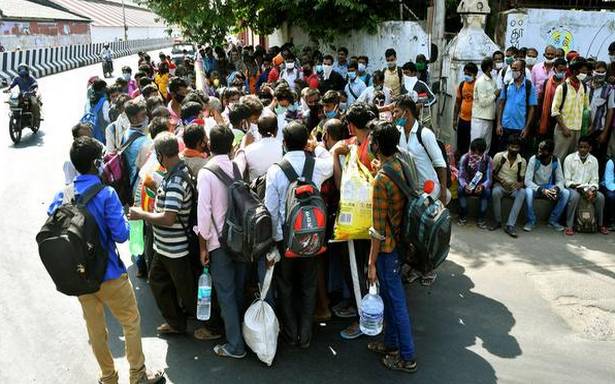A group of public health experts, two of whom are part of a government-constituted advisory committee to contain the pandemic, has said enforcing the lockdown “indefinitely” would be too disruptive and “overtake lives saved due to lockdown mediated slowing of COVID-19 progression.”
“Had the migrant persons been allowed to go home at the beginning of the epidemic when the disease spread was very low, the current situation could have been avoided. The returning migrants are now taking infection to each and every corner of the country; mostly to rural and peri-urban areas, in districts with relatively weak public health systems ,” says the letter jointly authored by the Indian Public Health Association (IPHA), Indian Association of Preventive and Social Medicine (IAPSM) and Indian Association of Epidemiologists.
The government on Friday announced a series of relaxations called Unlock 1 that limits lockdown only to containment zones until June 30 and a spate of relaxations after June 8.
The government relied on modellers, or theoreticians, rather than field-level epidemiologists who are better acquainted with disease transmission dynamics. “From the limited information available in the public domain, it seems that the government was primarily advised by clinicians and academic epidemiologists with limited field training and skills,” the letter underlines.
India was paying a heavy price both in terms of humanitarian crisis and disease spread, the experts said. The “incoherent” and often rapidly shifting strategies and policies especially at the national level were more a reflection of “afterthought” and “catching up” phenomenon on part of the policy makers rather than a well-thought, cogent strategy with an epidemiological basis, they sai

